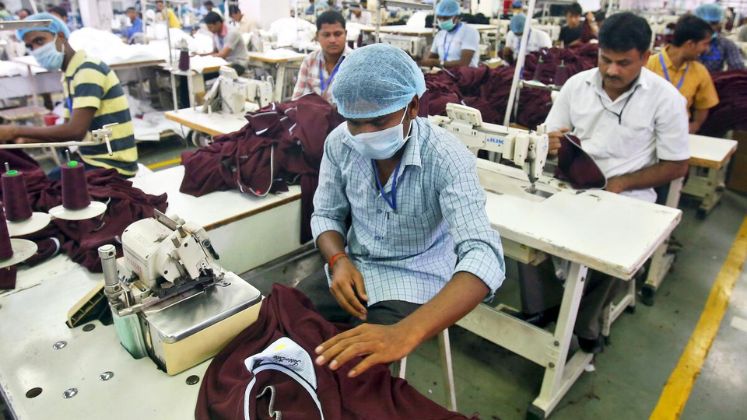The Union Government has been urged by the Tiruppur Exporters’ Association (TEA) to release a revised version of the production-linked incentive scheme (PLI 2.0) specifically for the textile industry.
The Association pointed out that the existing PLI program primarily benefits major textile companies, especially those in the manufactured fibre sector, in a memorandum to Union Finance Minister Nirmala Sitharaman. It was recommended that the minimum capital outlay requirement be lowered in order to assist small and medium-sized firms (SMEs) and that the program be expanded to include industries based on cotton.
The group further stated that all units should receive a one-year extension of the Interest Equalisation Scheme (IES), which was extended by the Ministry of Commerce and Industry from its original expiration date of 30th June 2024, by two months. The Rupee credit program for pre- and post-shipment for MSMEs has been renewed by the Director General of Foreign Trade.
The message further emphasised the difficulties brought while importing woven labels due to the Customs Department’s Compulsory Compliance Requirements (CCRs). Five to seven day delays are imposed on importers by Customs, which requires laboratory testing of group samples and rejects reports from shippers’ labs or external sources from the place of origin. Export plans are impacted by these delays, according to the Association.
According to the South India Hosiery Manufacturers Association (SIHMA), businesses who purchase machinery should be eligible for capital subsidies from the Government. Additionally, it suggested creating a Knitwear Board to assist Tiruppur’s clothing units. Additionally, SIHMA requested the government to take action to curb Bangladeshi garment imports, which have a detrimental effect on the region’s smaller garment makers.
Published on: 16th September 2024
Source: Apparel Resources

